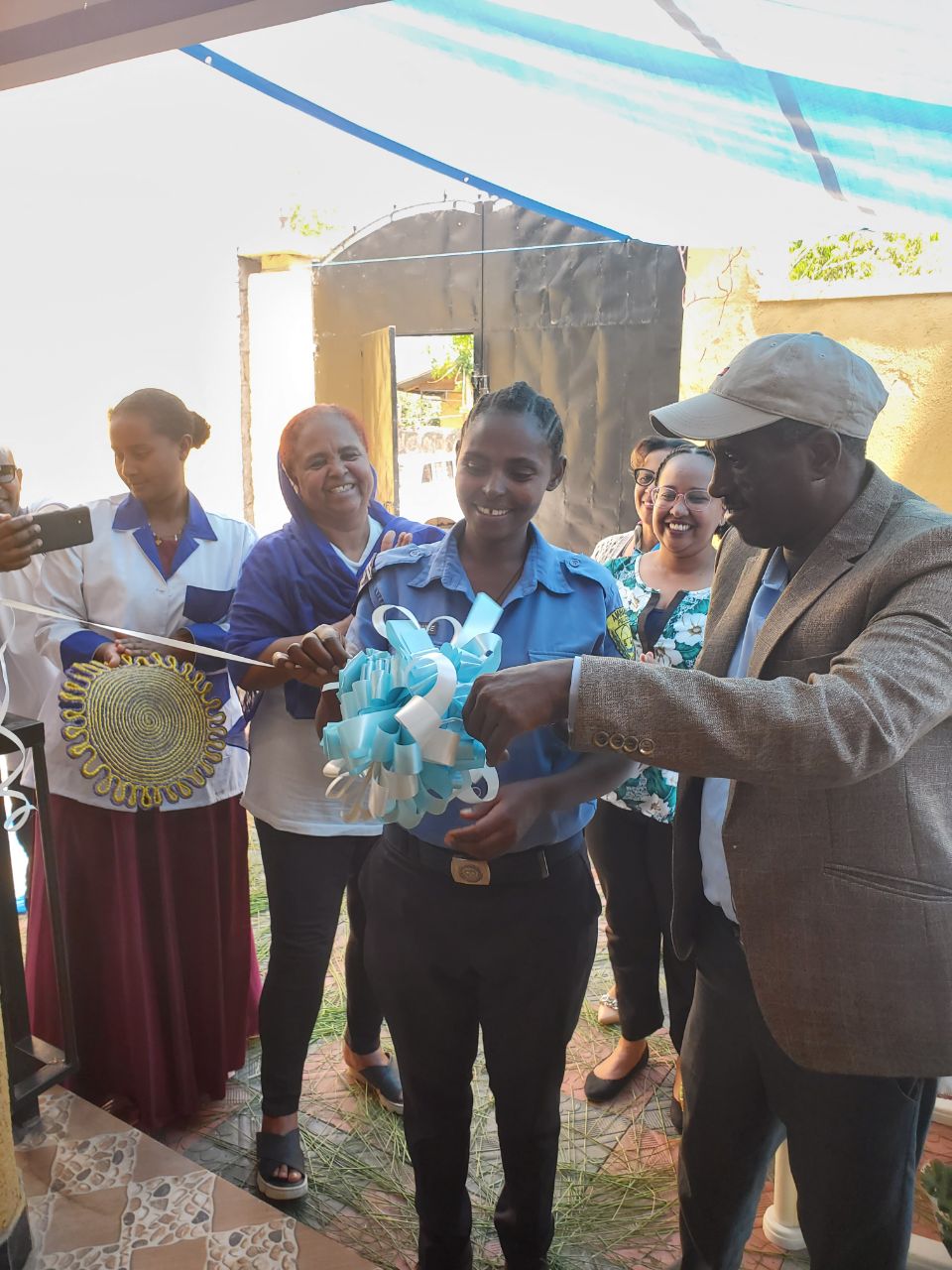Supporting survivors of SGBV in conflict-affected areas
October 27, 2022

Image courtesy of UN Women
The United Nations Development Program (UNDP) has partnered with the Association for Women’s Sanctuary and Development (AWSAD) to establish a transitional safehouse in Shewa Robit town to provide comprehensive rehabilitation and reintegration services.
The safe house services will include psychological counselling, skills training and legal services.
Incidents of sexual violence in the context of communal conflict have been reported since the outbreak of the violence in North Shewa and Oromia Special Zones, including the town of Shewa Robit.
Despite the incidents of SGBV, sufficient and integrated services for women survivors do not exist, and therefore survivors are forced to sustain long-lasting psychological and physical problems.
The destruction of public infrastructure has further impeded the ability of individuals to access public services, including health, education, and social protection.
In response to these challenges, UNDP is supporting AWSAD to implement a project focused on providing psychosocial support for survivors of sexual and gender-based violence (SGBV) in conflict-affected areas of the Amhara region.
The project seeks to rehabilitate women and children that have survived sexual and gender-based violence through the provision of integrated psychosocial support services in areas affected by conflict and displacement.
Through the project, UNDP has also supported the establishment of safehouses in Debre Birhan and the expansion of existing support services in Kobo and Woldia towns.
AWSAD intends to reach and rehabilitate 1,240 women and girls who have survived violence, and their children, through the safe house and other services. AWSAD works closely with local authorities, including officials from the Office of Women, Children and Youth Affairs, police, and health centres.
The support through AWSAD is part of UNDP’s comprehensive engagement to strengthen the livelihoods and safety of communities, particularly women and youth affected by inter-communal conflict in the North Shewa zone of the Amhara region in Ethiopia.
*UNDP's support for this project is through the Funding Windows resourced by Denmark, Luxembourg, the Republic of Korea, Sweden and Switzerland. Funding Windows are a multi-donor, flexible funding mechanism that provide partners with a strategic opportunity to contribute to achieving the 2030 Agenda for Sustainable Development, with a specific focus on the following four thematic areas:
- Poverty and Inequality
- Governance, Peacebuilding, Crisis and Resilience (Sub-Windows: Democratic Governance, Conflict Prevention and Sustaining Peace, Resilience and Disaster Risk Reduction, Crisis Response)
- Nature, Climate and Energy
- Gender Equality and Women's Empowerment

 Locations
Locations